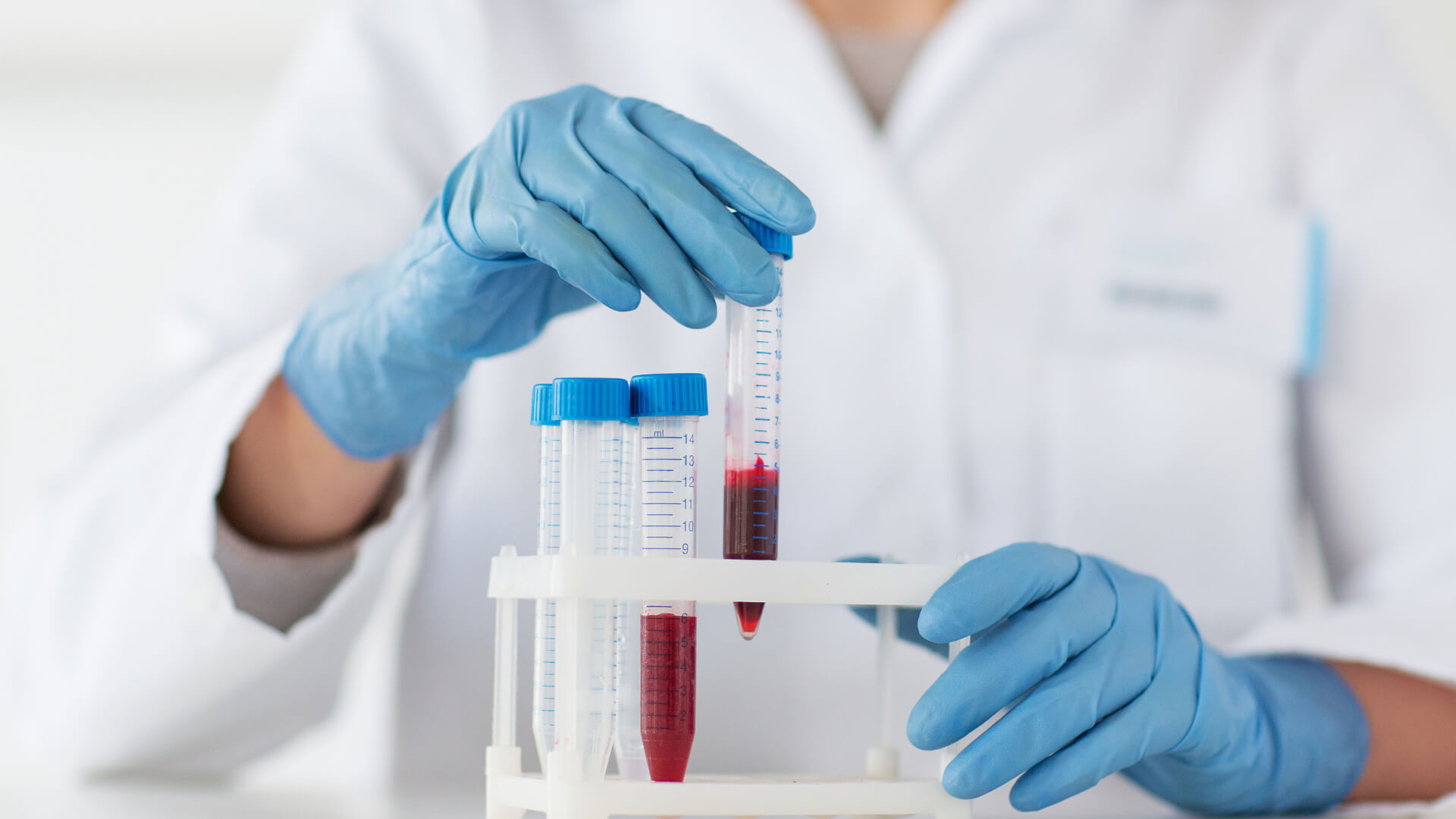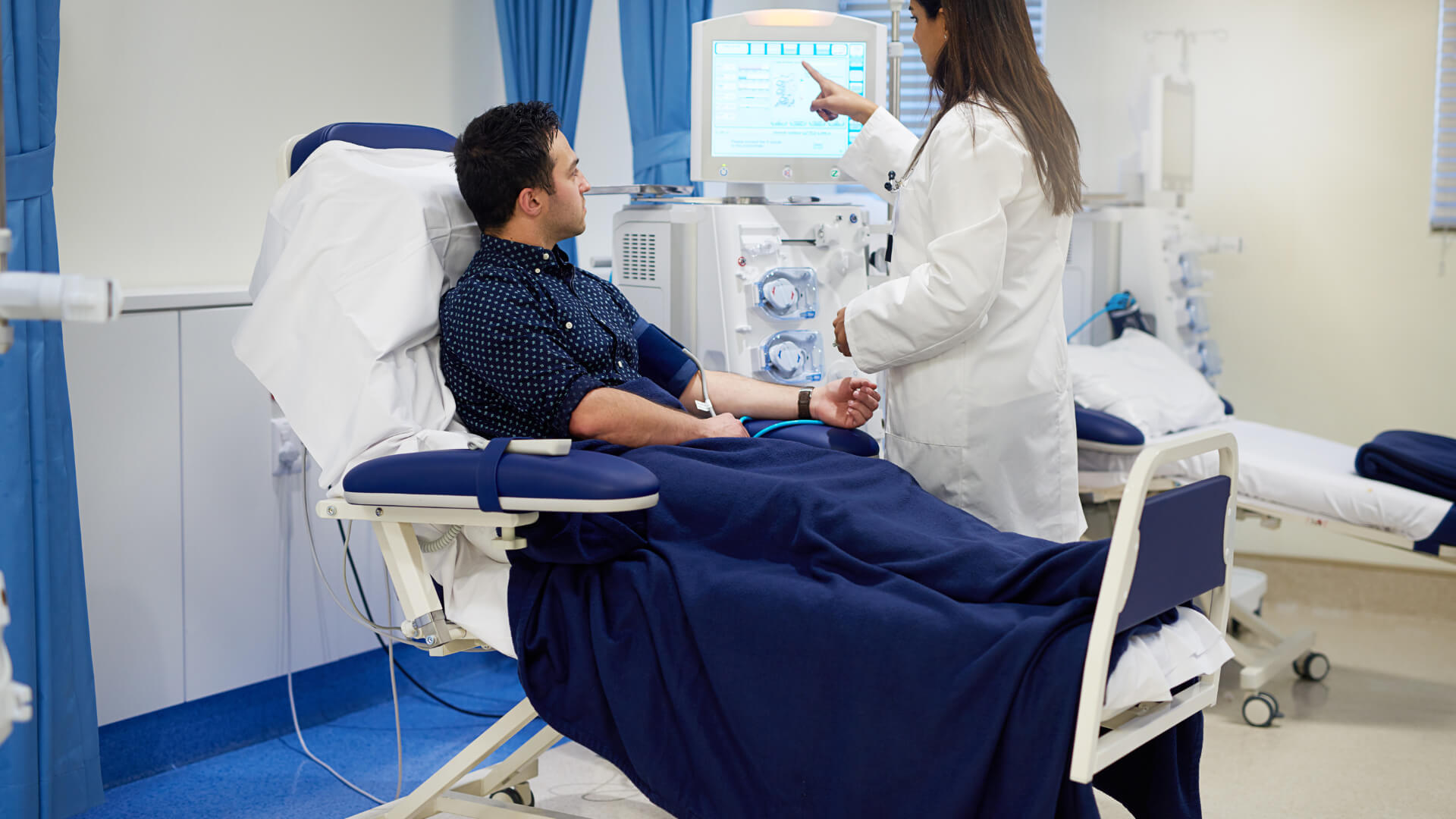Peritoneal Dialysis
Peritoneal Dialysis (PD) Catheter Placement & Care Specialists in the Bay Area
Peritoneal dialysis (PD) is an at-home treatment that uses the body’s natural abdominal lining, called the peritoneum, to filter waste, balance electrolytes, and remove excess fluid when the kidneys can no longer do so effectively. By using the peritoneum as a natural filter, PD offers patients the flexibility to manage their health privately and comfortably at home, without the need for frequent in-center visits. At West Coast Kidney Institute, our nephrology specialists provide compassionate, expert care to guide patients through this advanced therapy option.
Understanding Your Options: CAPD vs APD
Peritoneal dialysis is recommended when chronic kidney disease progresses to kidney failure, preventing effective blood filtration. Symptoms such as fatigue, swelling, and nausea may indicate the need for a dialysis evaluation.
Before starting PD, a peritoneal catheter is placed by a surgeon, and patients receive detailed training on catheter care and hygiene. During treatment, a special fluid called dialysate is introduced into the abdominal cavity, where it absorbs waste and extra fluid before being drained out. This process can be performed manually or with the help of a machine, depending on the treatment type.


Get Expert Guidance on Peritoneal Dialysis in the Bay Area
There are two main types of PD: Continuous Ambulatory Peritoneal Dialysis (CAPD), a manual process where exchanges are performed several times a day without a machine, and Automated Peritoneal Dialysis (APD), which uses a cycler to perform exchanges overnight while you sleep.
When to See a Doctor for Peritoneal Dialysis
If you are living with advanced kidney disease or exploring alternatives to in-center dialysis, our team at West Coast Kidney Institute is here to help. We provide streamlined access to testing, education, and treatment options to determine the best approach for your health and lifestyle. Schedule a consultation with our Bay Area nephrology specialists to learn more about peritoneal dialysis and take the next step toward better kidney care.